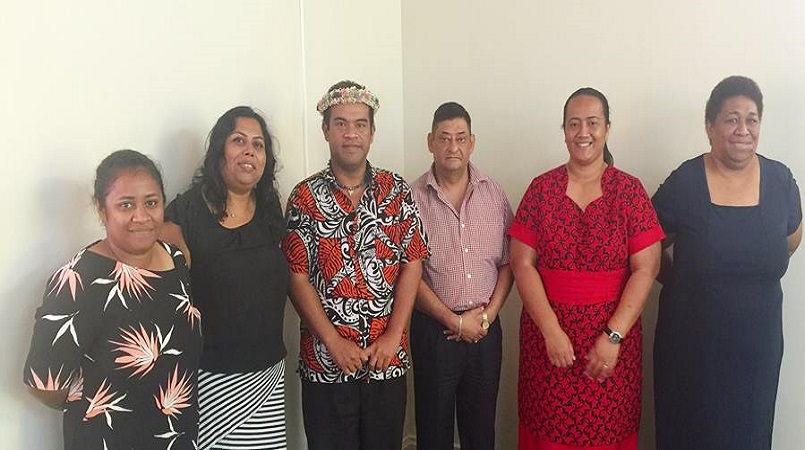
The first Human Rights and Gender peer review in Nauru has ended following a series of meetings, focus group sessions, workshops and consultations.
The review recommendations call for a gender and human rights-focused review of the Sustainable Development Strategy and coverage of specific groups and issues that have emerged following the last revision in 2009.
“It was frequently cited there are major resource constraints and representation challenges faced by non-government organisations in Nauru to effectively engage in government planning and budget processes,” said Tupou Vere, a member of the review team and the Gender-Ending Violence Against Women Specialist at House of Sarah, a project of the Anglican Diocese of Polynesia
“It is hoped that in future there would be more support to build the knowledge and capacity of civil society organisations, faith based organisations and other key stakeholders to effectively engage in the national planning and budget processes.”
Ms. Vere added, “The exchanges this(last) week have also reinforced the need for a whole government approach to gender and human rights mainstreaming. The mission has shown again for me how critical it is for planning and treasury, the national government machinery for women and line ministries to collaborate in advancing this.”
Over the week the review team worked with the Nauru Planning and Finance Office and consulted with Government ministries, women's networks, parliament, and police on opportunities for gender and human rights integration within policies, plans and budgets.
The peer to peer exchange is timely as Nauru recently began the review process of its National Sustainable Development Strategy 2005-2025 which prioritises women's development, youth and promotes an improved quality of life for all people of Nauru.
Ma'u Leha is the Principal Economist at the Ministry of Finance and National Planning of Tonga and she said, “This work strengthens the planning position as you can see the practicalities of planning approaches, principles and models in other countries. I’m learning about gender and human rights tools and how to incorporate these tools into the national planning processes. It can be as simple as including a criteria for gender analysis in the planning templates.”
The recommendations and peer-to-peer learning will be captured in a Regional Gender and Human Rights Peer Review Report.
The second in country gender and human rights peer review is planned for Vanuatu at the end of the month.
Photo supplied by PIFS
